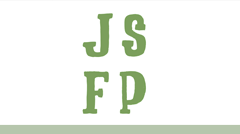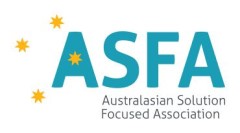Abstract
The end-of-session break was nominated by Steve de Shazer as an essential component of Solution-Focused Brief Therapy; yet it is an aspect often ignored or eschewed by many Solution-Focused therapists. After reviewing the history and development of the break and the end-of-session message, this paper argues that the recency effect in cognitive psychology highlights the importance of how therapists conclude their sessions and that, if the way the session ends is important, perhaps it warrants some time to consider and plan. A qualitative study suggests that the break is not only useful to therapists but that clients report that the therapist taking a break and then providing a summary message enhances the benefit of the session for them. Limitations of the study are discussed and it is suggest ed that the findings contribute to discussion and ongoing evolution of the Solution-Focused approach.
Recommended Citation
Huber, Frances and Durrant, Michael
(2014)
"The Break (and Summary) in Solution Focused Brief Therapy: Its Importance and Client Experiences*,"
Journal of Solution Focused Practices: Vol. 1:
Iss.
1, Article 7.
Available at:
https://oasis.library.unlv.edu/journalsfp/vol1/iss1/7




